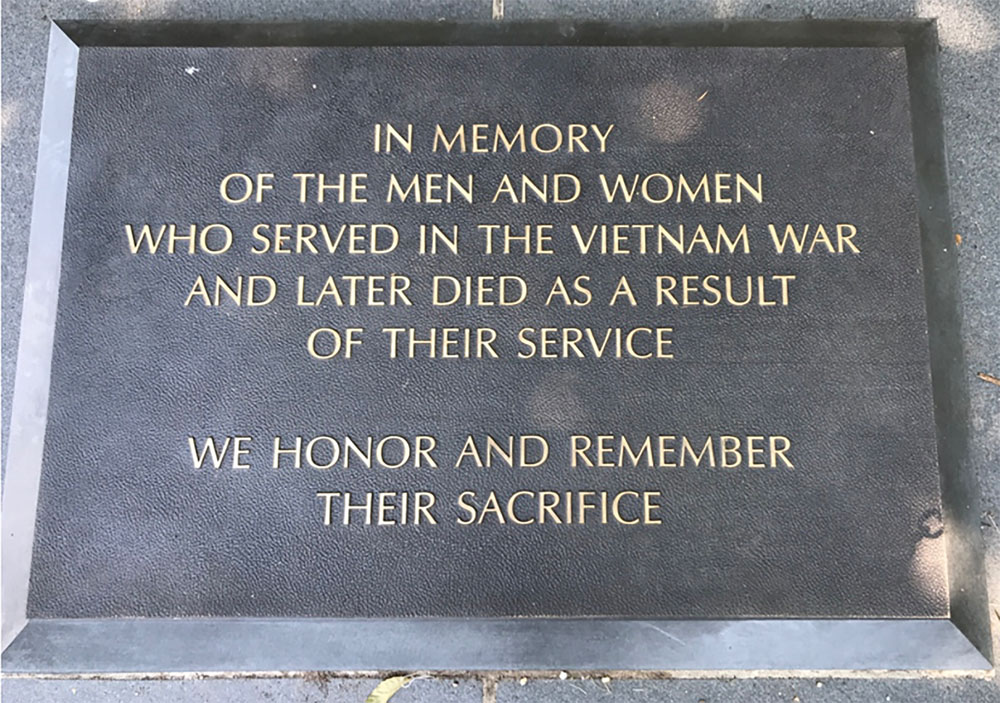 |
Memories of a Vietnam VeteranBy Ed Vail (reviewer)
Memories of a Vietnam Veteran: What I Have Remembered and What He Could Not Forget In its 198 pages, this powerfully written and beautifully structured book, is really three books in one, addressing the many dimensions of the costs of war. By writing it, Barbara Child creates a vivid window into what war does to vets and to the people who love them. It offers no prescriptions but provides a rich and unflinching description of all of the costs of war from the psychological to the physical/environmental, from relationships to health to death. Her multi-faceted descriptions and observations provide a unique resource for personal reflection, for learning, and for healing. All veterans, not just of Vietnam, who need to deal with the soul wounds of war and anyone who is in a relationship with a veteran will benefit from reading this book.
As war zone vets know all too well, wars kill physically long after the guns go silent. Alan Morris was a Vietnam vet and a founder of Vietnam Veterans Against the War at Kent State. The author, Barbara Child, was on the Commons when the killings happened. They met initially through Kent State anti-war activities in the early 70's then reunited in 1986, beginning a complex relationship that initially ends with Alan's suicide in 1996. The first: "book within" A Lifetime is Too Narrow to Understand it All is primarily a memoir of their decade from 1986 to 1996 together. It is built around excerpts from Alan's brutally honest in-country journal as a combat medic, describing the direct costs of war on the soldiers on both sides, the civilians and the environment. It is an unflinching window into the creation of soul wounds so deep that after a base attack when Alan doesn't seek cover from a follow-on mortar barrage, his officers declare his active duty war is over and send him home. Barbara describes Alan's subsequent battle with complex PTSD and their struggles to create and maintain a relationship in that environment. Alan manifests most of the worst PTSD symptoms: hyper vigilance, weapons, substance abuse, isolating, not speaking/conversing. But through it all, her love for him and desire to stay in relationship never flags even though she finds that she must move on with other parts of her life. Barbara's An Open Letter to A Vietnam Veteran written to him in her first year of seminary school in 1994 attempts to establish a deeper level of conversation with Alan, combining excerpts from his Vietnam journals with her reactions and observations. But, even with this outreach, subsequent visits, calls and letters, and attempts at organizational care, Alan continues to decline. The impact of a veteran's suicide ripples out across all past and current family and friend relationships, as well as ending those that might have, that should have happened in the future. These are some of the other costs of war. The second "book within" I Will Wait For You is the story of Barbara's second relationship with Allan; her dealing with her loss of him, his presence with her through her memories and her journey to finally being able to let go. Her pathway to healing the relationship wounds of war was via Jungian analysis of her memories and the meaning of those memories. It culminates in a personal journey to Vietnam in 2018; her memory and soul work, a timely ritual and the writing of this book sets her free. The third "book within a book" For Further Reading is a 24-page selection of varied recommended resources. Each has a summary of the key points to help the reader determine their value and use. These resource summaries themselves are also thought provoking: impacts of war on children in a war zone, manipulated patriotism, Kent State, Jungian analysis and dream work, poetry and the search for meaning, and the moral/soul wounds of war. An example: Rita Nakashima Brock and Gabriella Lettini. Soul Repair: Recovering from Moral Injury After War. "Moral Injury can lead veterans to feelings of worthlessness, remorse and despair; they may feel as though they lost their souls in combat and are no longer who they were. Connecting emotionally to others becomes impossible for those trapped inside the walls of such feelings. When the consequences become overwhelming, the only relief may seem to be to leave this life behind (pp. xv-xvi)." By the Vietnam Memorial in Washington, DC, across from the statue of the three soldiers, is a plaque set flat in a black granite base. It reads: For Alan Morris, 1949-1996. Ed Vail, 1LT INF, served as a base-defense platoon leader, 2/8th 1st Cav, in Bien Hoa, RVN, 1971-2 and is a long time member of Veterans for Peace.
|


